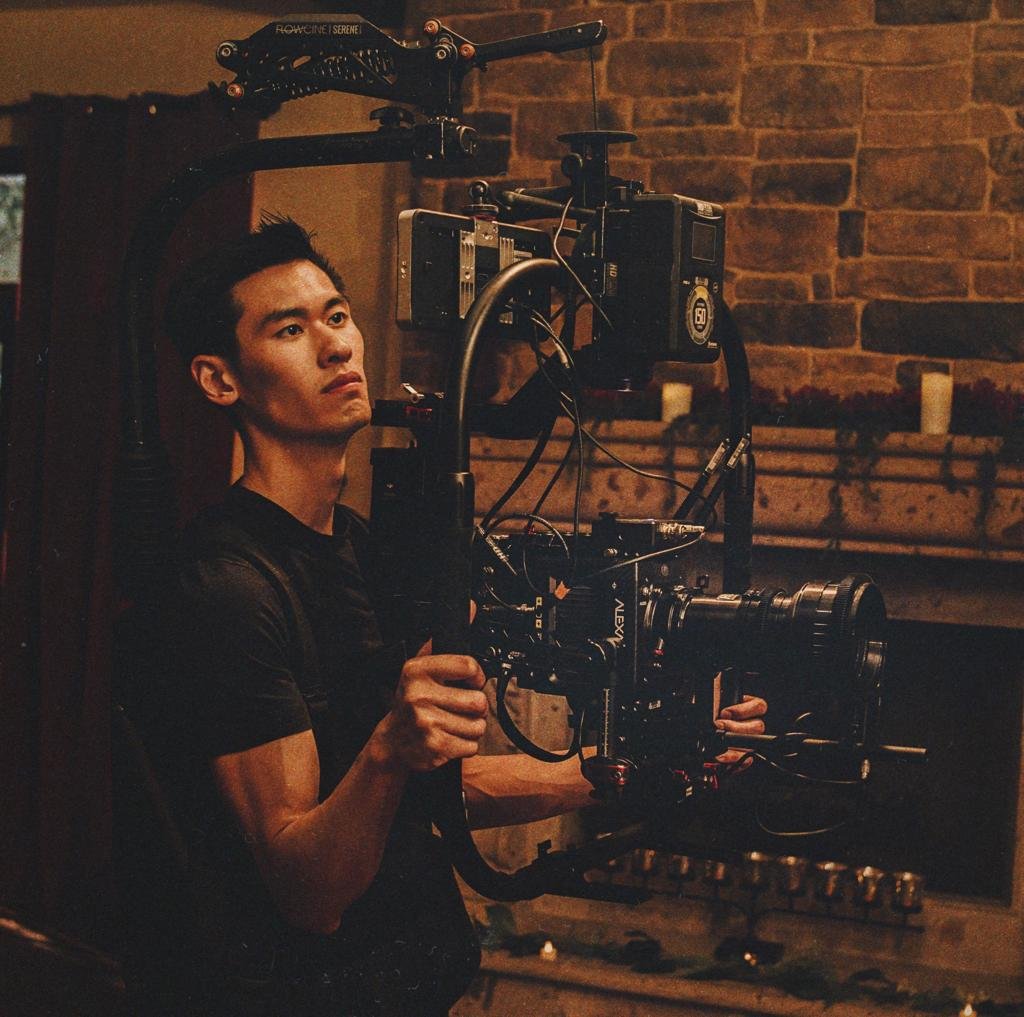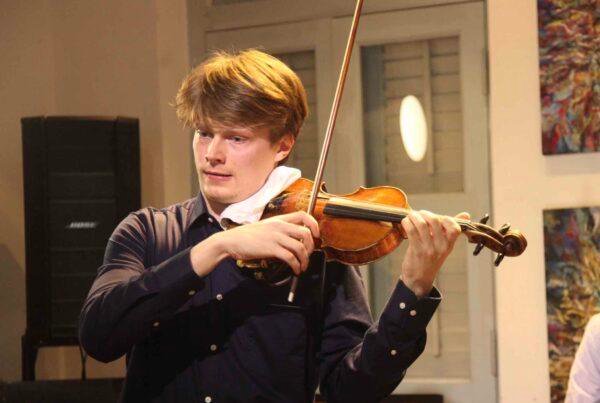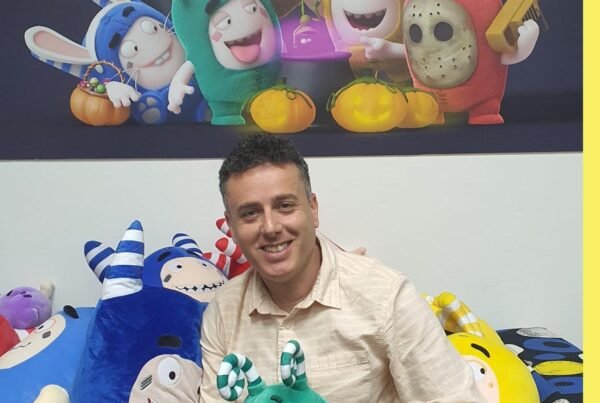Passionate cinematographer Gershon Sng is shattering stereotypes and inspiring thought-provoking discussion with his creative and insightful films. Let’s take a deep dive into his story, his artistic process and inspiration behind his works!
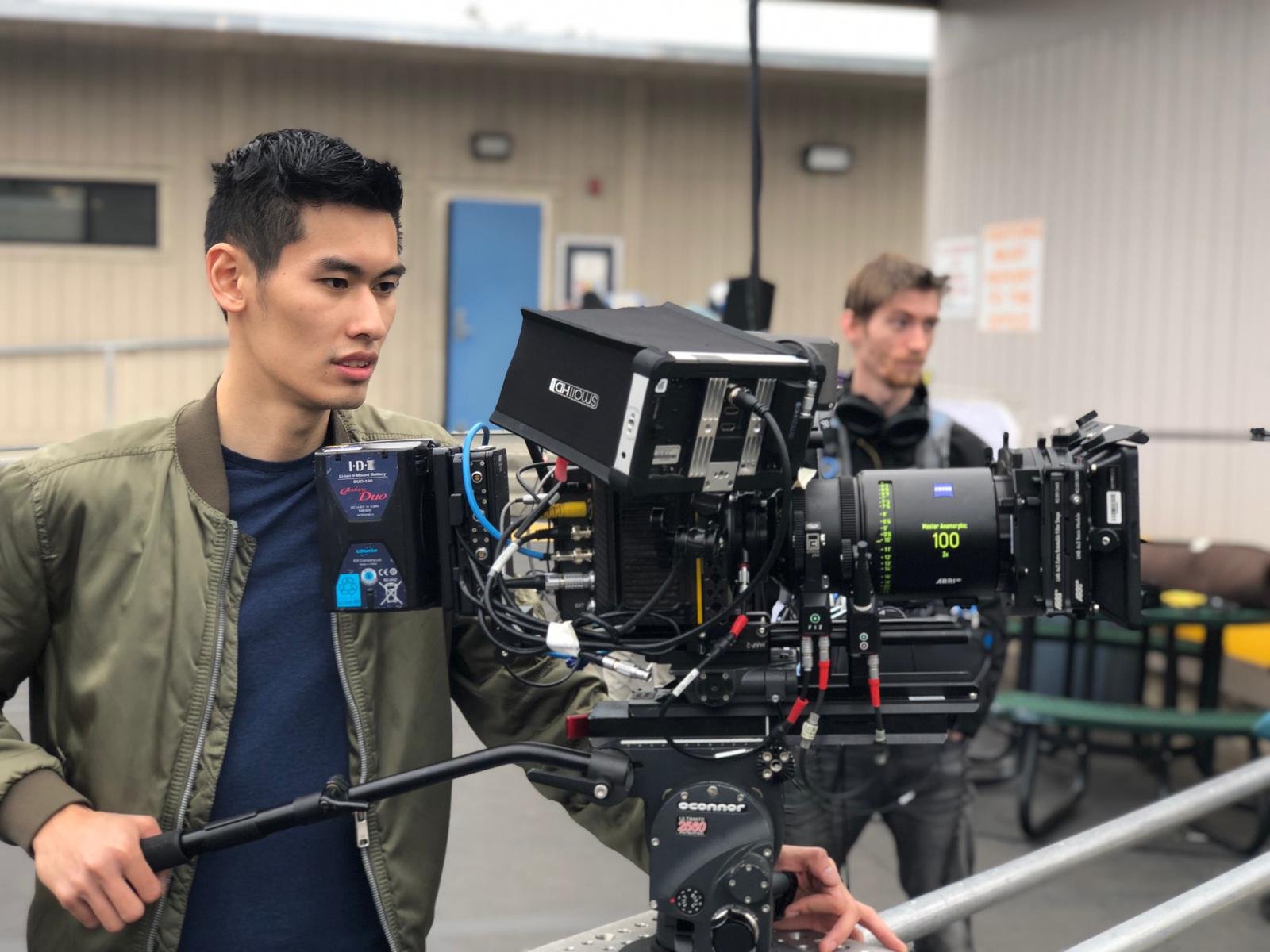
Q: Please briefly introduce yourself
A: I’m a cinematographer currently based in Singapore who primarily shoots narratives and enjoys working on meaningful music videos and commercials. I was born in Singapore and moved to Hong Kong when I was 12 years old. After living there for 7 years, I returned to Singapore to serve in the Army before moving to Los Angeles, where I graduated from USC School of Cinematic Arts and started working in LA.
Q: Why do you do what you do?
A: A successful film can change people’s minds about certain issues, or bridge the gap to explore unknown perspectives. I find fulfilment when I can achieve those goals; whether it is for myself or for the directors and artists I get to collaborate with. In doing so, I also hope to show Singapore why artists are actually quite essential.
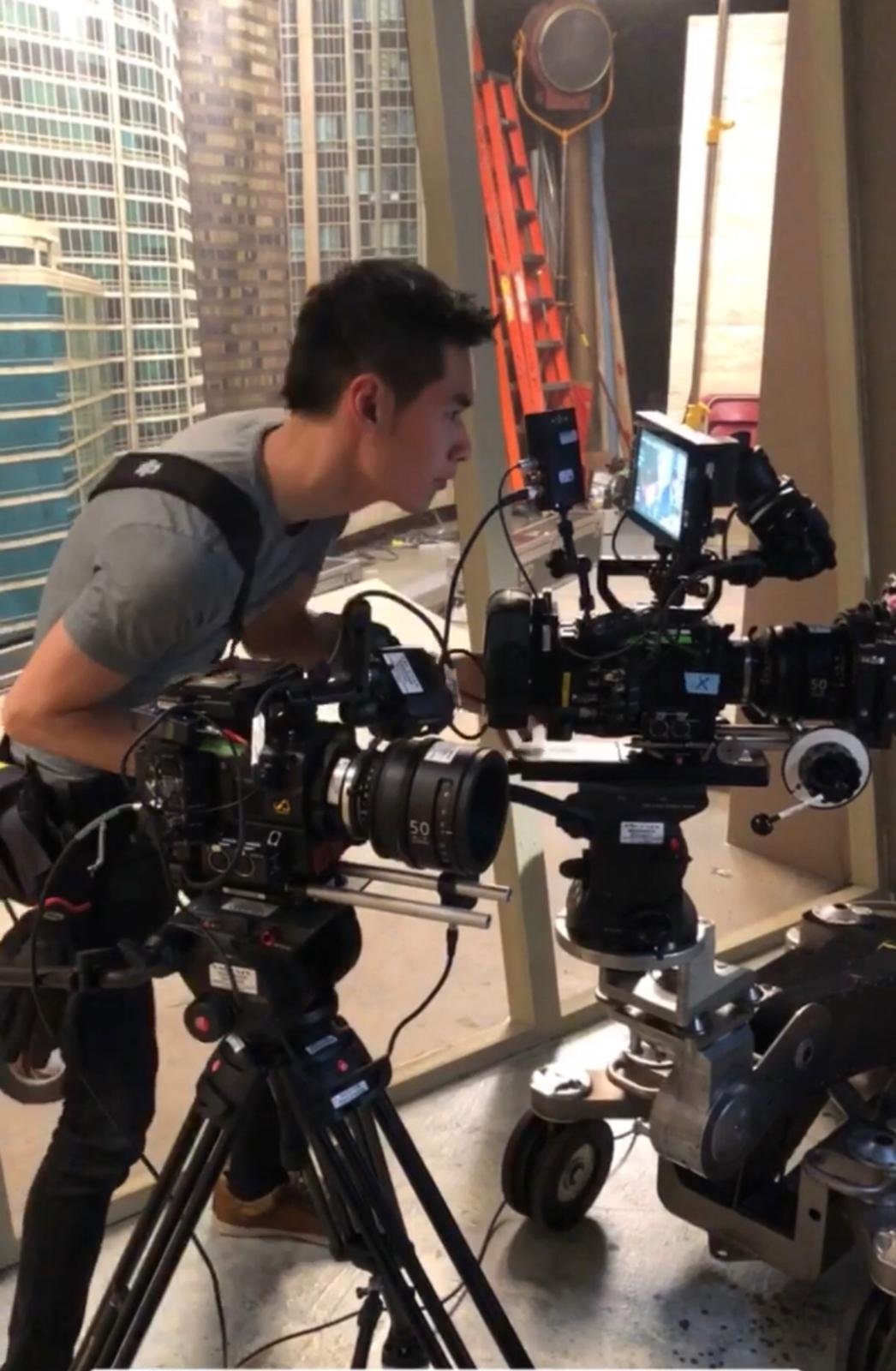
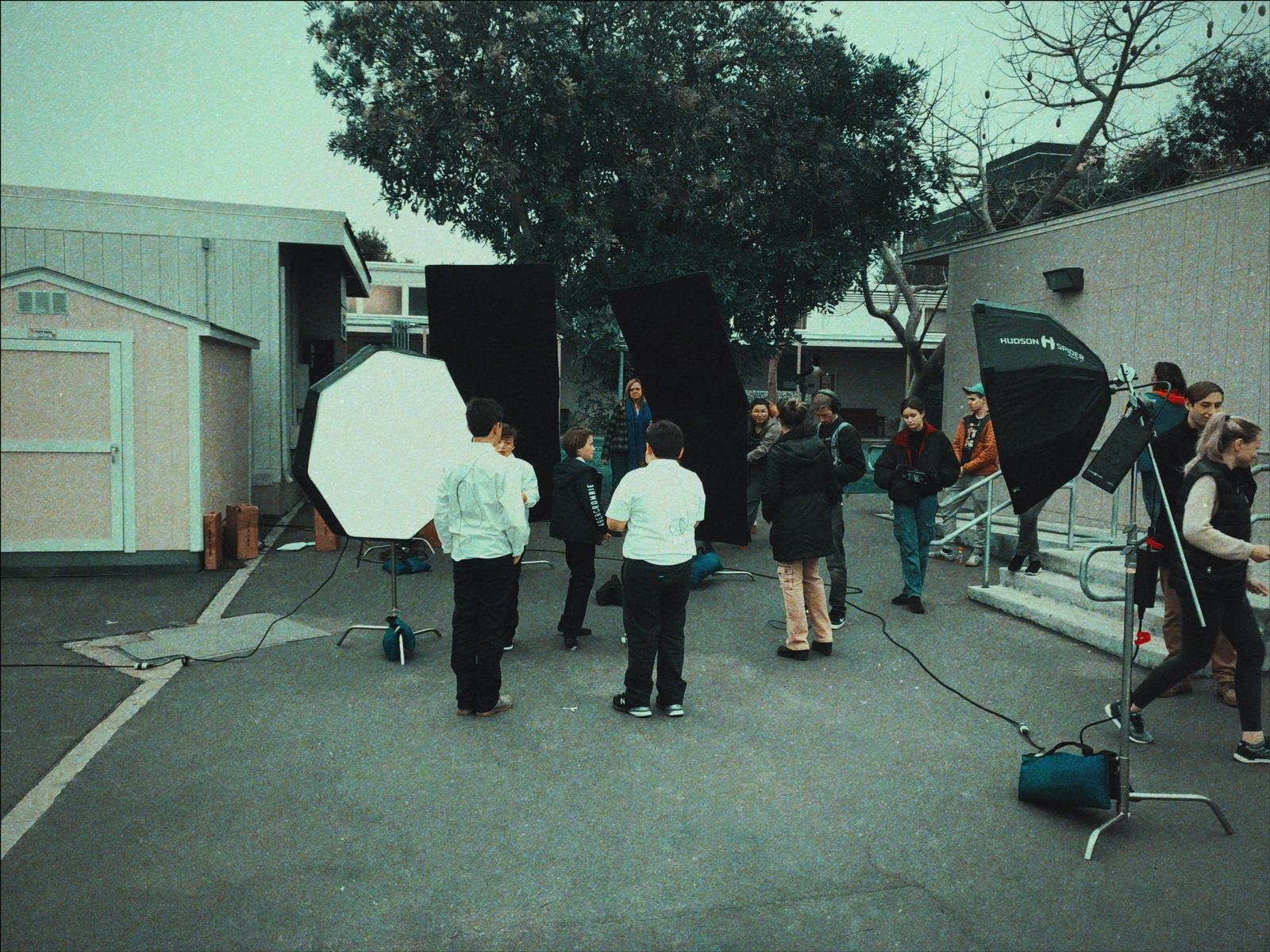
Q: What is your inspiration for your works?
A: Political debates.
Q: Who has been your greatest influence?
A: Ava DuVernay, Bradford Young, The Wachowskis
Q: How do you go about filming? What steps do you normally take?
A: As a DP on narrative projects, I like chatting with the directors, discussing both big ideas to small details. The three “big-picture ideas” that I hope to learn are: the message (what are they trying to say), the function (how does their film fit in society), and the audience (who is the target audience). I feel that most creative choices down the line can be answered efficiently if these three questions are clearly articulated.
After that, we can chat about the script (i.e. story, characters, emotional beats, etc.). Finally, if the directors want to, we can end the conversation with the technical details (i.e. lensing, color, composition, lighting, movement, etc.) and logistical approach (i.e. setups, scheduling, etc).
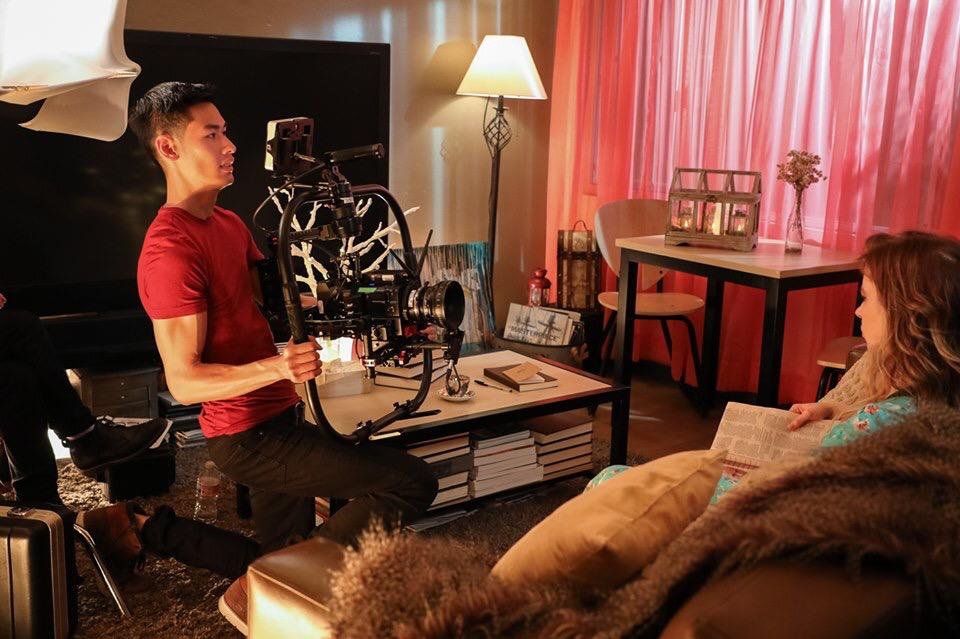

Q: What is your experience like working in LA?
A: It was quite a brutal experience. I found it to be more competitive, relationship-based, politically-charged, and financially challenging.
I also found that the LA film industry is quite diverse in thought. There are many different types of filmmakers – from the ones who view film as a tool for social change, to the ones who view film as a medium that should solely be for entertainment.
Most importantly, I found major fulfilment in the opportunities given to be paid to work on content that challenged our assumptions of certain problematic dominant narratives.
Q: What have you gained or changed after working with the people there?
A: I became acutely more conscious of why films and art in certain countries can be considered essential (and why they still are not able to attain that status in the mainstream Singaporean society).
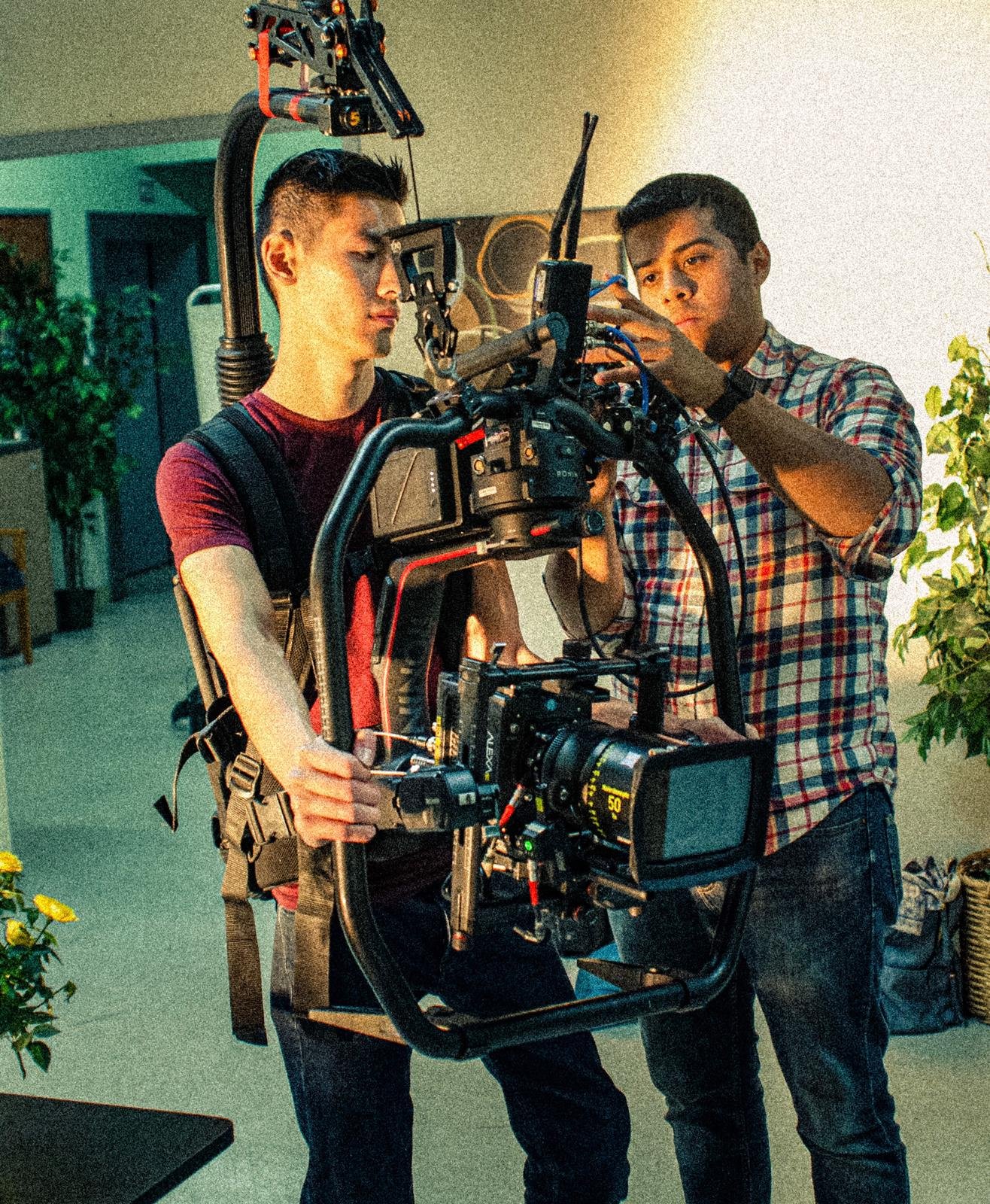
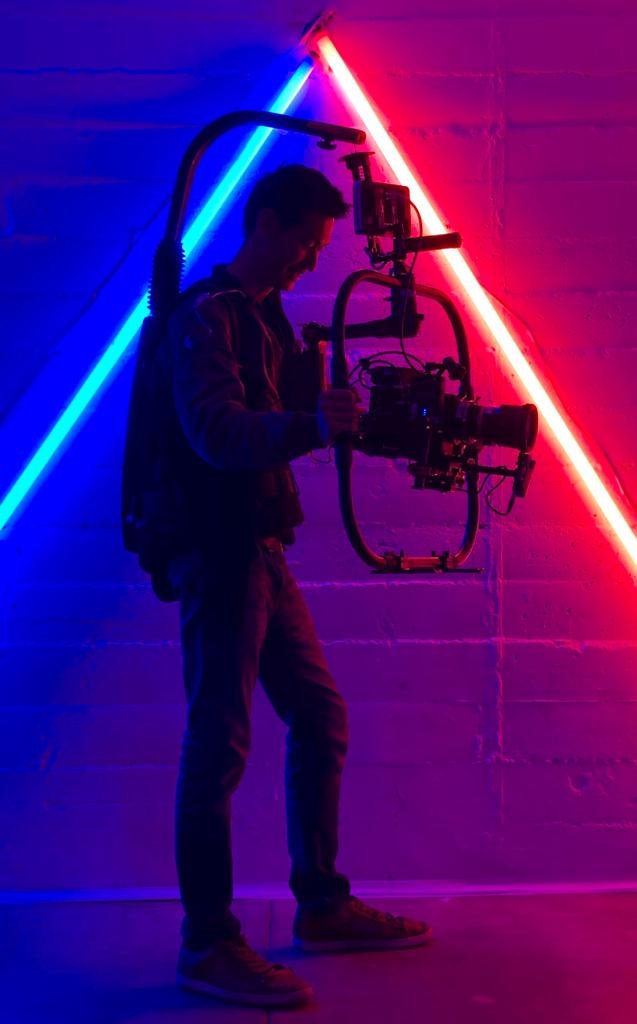
Q: Any advice for aspiring cinematographers?
A: Invest in traveling, live in unfamiliar systems, interrogate unquestioned assumptions. Choose projects that best represents your values. Be selective and focus on making each project the best project you have done!


Check out his work :Gershonsng


